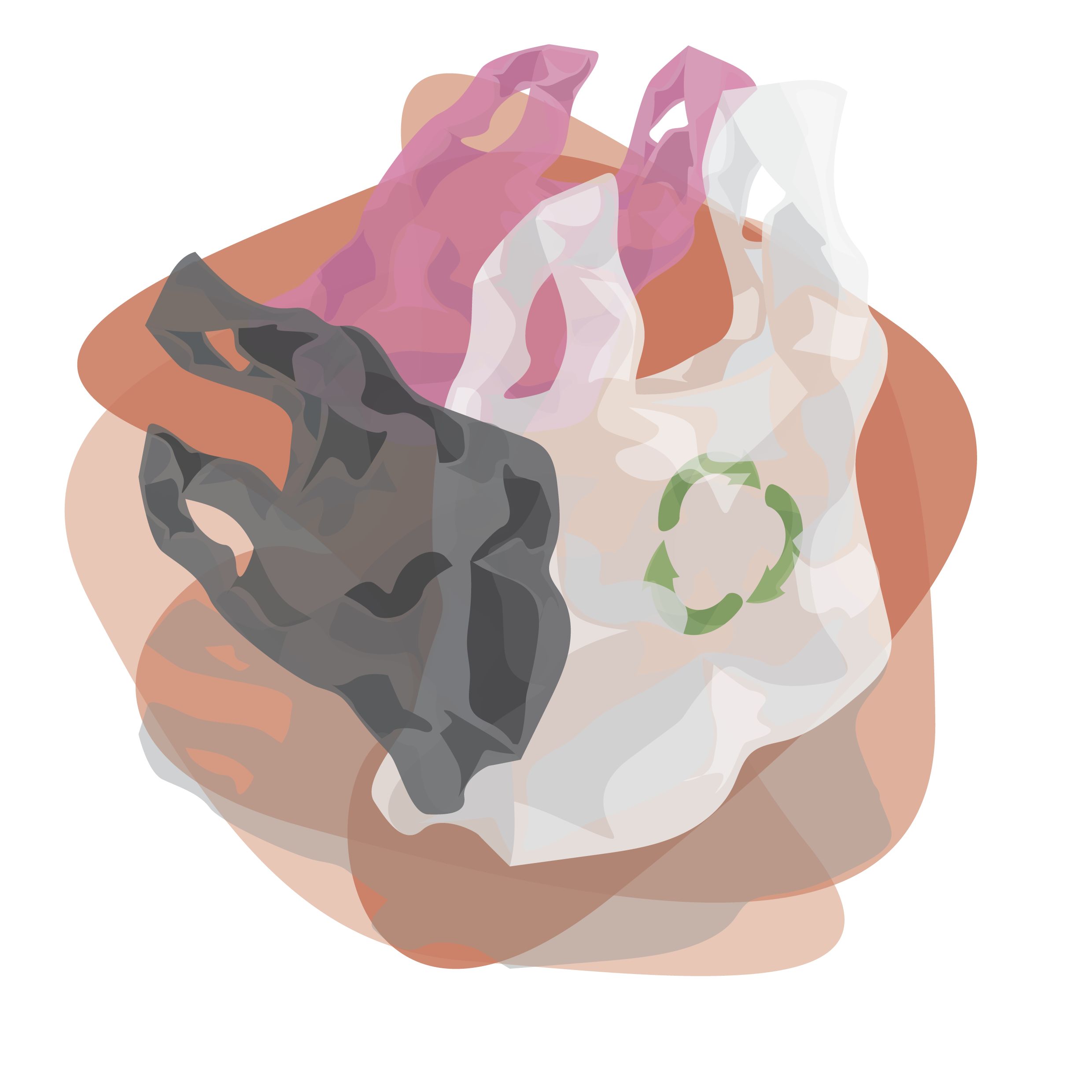
Types of Plastic Bags: The Difference between Degradable, Compostable and Biodegradable Plastics
Did you know that 60% of plastic waste comes from packaging and more than 80% of that plastic is used just once before being sent to landfill where it remains since plastics are not biodegradable? Non-degradable plastics are a growing concern in today’s world and organizations far and wide are trying to come up with alternatives to reduce the problem of constantly growing plastic waste.
In order to combat this problem, a newer generation of plastics has begun to appear in the markets, otherwise known as biodegradable plastic. But what is biodegradable plastic and how is it different from the existing types of plastic available in the market today?
- Biodegradable Plastic
Biodegradable plastic is the type of plastic that can be broken down by living things like fungi or bacteria. This type of plastic is made from plant-based materials like corn, potato and wheat starch as opposed to oil-based plastics that are derived from petroleum. When plastic bags are made using biodegradable plastic, the recycling process becomes easier because once the plastic disintegrates and breaks down to smaller pieces, it can then be processed by easily broken down by the bacteria and fungi that are naturally found in the environment which can make a significant different in the impending landfill problem.
- Degradable Plastic
Degradable plastics or ‘oxo-degradable’ plastic bags are different from biodegradable plastic bags as they don’t need living organisms to initiate the breakdown process. In case of degradable plastic bags, the chemical additives used during the manufacturing of said plastic bags allow the plastic bag to break down much at a much quicker rate as compared to that of a regular plastic bag.
- Compostable Plastic
Compostable plastic bags are also made using a plant material that return to base organic components when processed. And since they are ultimately made of cellulose, no toxic gases are released into the environment when they are decomposing. However, it is important to note that compostable plastic bags need a very specific environment to initiate the decomposition process, a specific mix of gases, the necessary microorganisms and the right temperature which means it requires a specialized processing centre as well.
While it is true that each type of plastic as mentioned-above require specific processing conditions to breakdown the plastic as desired, it is still a significant improvement coming from plastics that not even recyclable! It still takes organisations and businesses one step closer to reducing the amount of waste that is ultimately sent to landfills which in turn reduces the burden on the waste management activities carried out by regulatory bodies.
If you are looking for more information on biodegradable plastics or are looking to purchase biodegradable plastic bag making machines, contact XL Plastics on +91 265 2830155 and book a consultation with our team of engineers, so we can help you with plastic bag making machines that are best suited to your needs!
